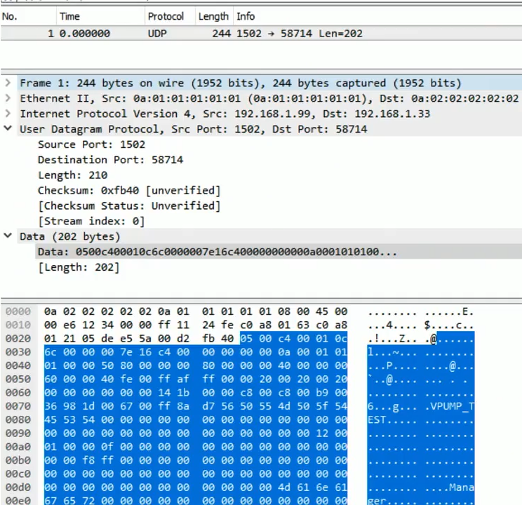
e _length -e _type -e _type.type -e _type.types -e _type.types_len \

e tcp.flags -e _rtt -e tcp.segments -e -e ssl.handshake -e ssl.record -e _type -e _url.url_len \

e ip.fragment -e ip.unt -e ip.fragments -e ip.ttl -e ip.proto -e tcp.window_size -e tcp.ack -e tcp.seq -e tcp.len -e tcp.stream -e tcp.urgent_pointer \ Tshark -r thursday-100M.pcap -T fields -E header=y -E separator=, -E quote=d -E occurrence=f -e ip.src -e ip.dst -e ip.len -e ip.flags.df -e ip.flags.mf \ If the PCAP file is very large, you can divide that into smaller parts using the following command Or you can capture network traffics yourself using Wireshark Packet Analyzer tool. You can obtain a lot of PCAP files online. A PCAP file usually includes a lot of network traffics. Collecting PCAP filesįirst, we need a PCAP file.
#Reverse engineering from wireshark pcap how to#
Here, in this post we will see, how to convert PCAP files into CSV files easily. However, if you want to perform data analysis, cleaning, modeling, or feature analysis and classification for the network traffic, you might want to convert the PCAP files into a CSV file. In that case, they use Wireshark Packet Analyzer or any other similar traffic analysis tools to capture and analyze packets. Researchers working on Computer Network or Cyber Security often need to analyze network traffics. Tags: Computer Network, Fingerprinting, OS Fingerprinting, Passive Reconnaissance, Security, Traffic Analysis, Tutorial, Wireshark Convert PCAP files to CSV for Network Traffic Analysis


 0 kommentar(er)
0 kommentar(er)
